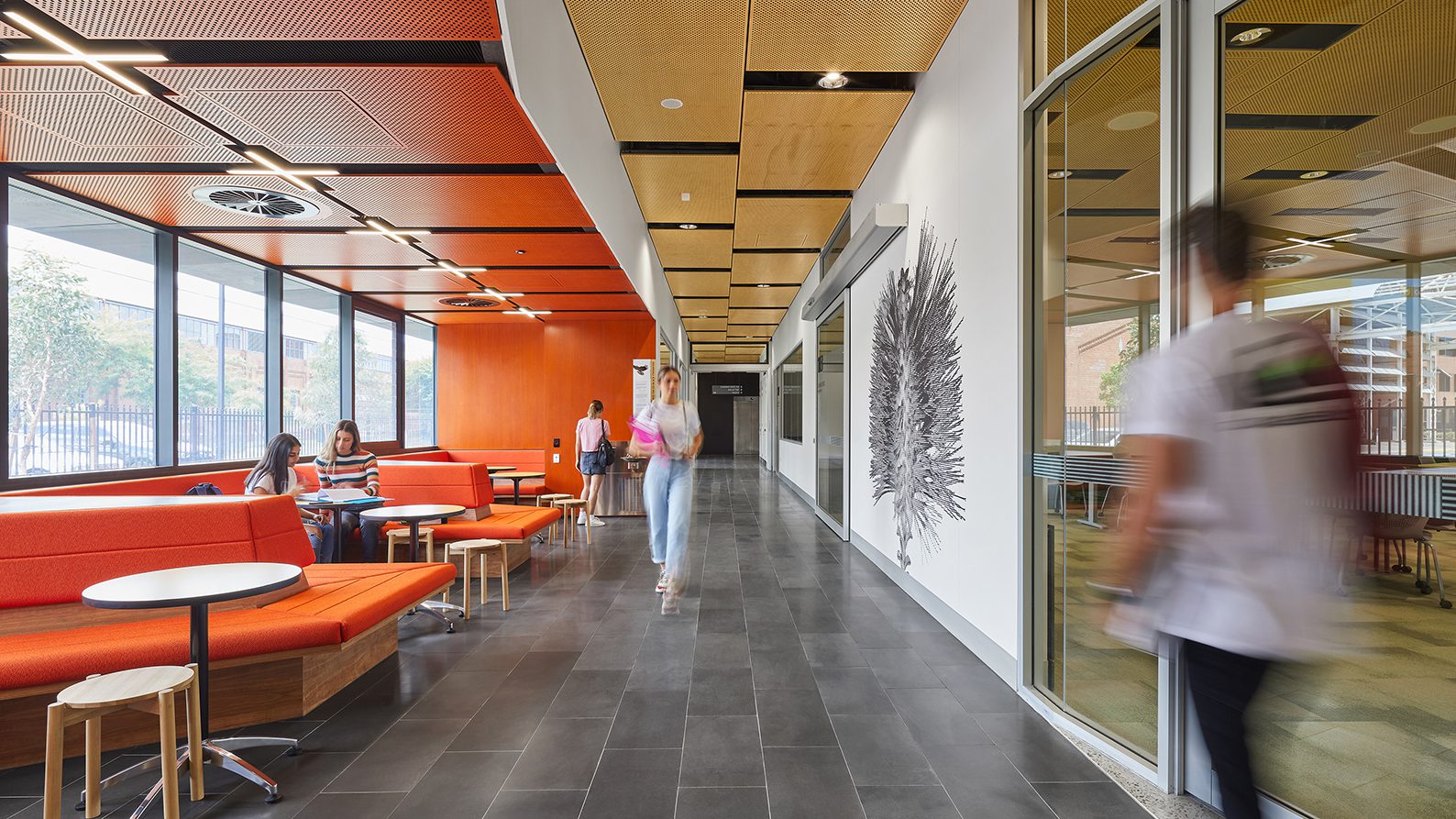
Victorian general practitioners (GPs) are urging patients to consult their regular doctors rather than seeking quick remedies at pharmacies. This call comes in response to a new media campaign launched by the state’s Health Department promoting pharmacy prescribing. The Royal Australian College of GPs (RACGP) has raised concerns about the potential risks to patient safety associated with this approach.
Dr. Anita Muñoz, Chair of RACGP Victoria, emphasized the importance of consulting a GP who is familiar with a patient’s medical history. “Patient safety must come first,” she stated. “We’re urging people to see a GP for a diagnosis because there is no such thing as a ‘simple’ health condition, and pharmacists are not trained to diagnose.”
GPs undergo extensive training, often exceeding a decade, including significant practical experience under supervision to accurately diagnose various health conditions. Dr. Muñoz criticized the pharmacy prescribing initiative, noting that it permits pharmacists to dispense medications, including antibiotics, based on checklists after completing a brief online course.
“There is a fundamental difference between a medical diagnosis and what can be provided in a pharmacy setting, and patients accessing these services need to be aware of this,” she warned. The lack of a formal diagnosis could lead to significant risks, including incorrect treatments and missed serious illnesses, which may ultimately increase pressure on the healthcare system.
Data from pilot programs in Queensland and New South Wales indicate that there have been instances of misdiagnosis and inappropriate treatment resulting from pharmacist prescribing. A specific report highlighted that among patients treated for urinary tract infection symptoms, 13% did not experience resolution of their symptoms.
Dr. Muñoz expressed concern about the pharmacy lobby’s push for broader pharmacy prescribing across Australia. She stated that the interests of medical professionals seem to be overlooked, leading to a lack of necessary debate on the issue. “As a GP practicing in Melbourne, it is deeply concerning and frustrating to see Victoria succumbing to this trend,” she added.
The RACGP Chair emphasized that maintaining high-quality patient care should always be a priority. She cautioned that the current community pharmacy program compromises a key safety measure by allowing pharmacists to both prescribe and dispense medications, creating a potential conflict of interest.
“We’ve already seen the risks of prioritizing profit in the telehealth space, and it is critical that these mistakes are not repeated in the rollout of pharmacy prescribing,” she stated.
Dr. Muñoz reaffirmed the need for a healthcare model that prioritizes patient health and safety over expediency. She advocated for collaborative care that leverages the expertise of both GPs and pharmacists, calling for additional government support for multidisciplinary care approaches.
“GPs and pharmacists each bring vital expertise to the healthcare system, and we value the work of pharmacists across the country,” she noted. The RACGP supports sensible measures such as funding for practices to integrate more pharmacists within a GP-led collaborative care framework.
As discussions continue, the college remains committed to advocating for patient-centered health solutions that ensure comprehensive care without compromising safety.






